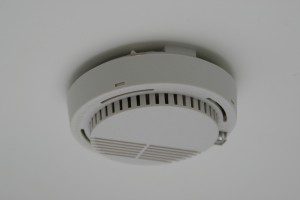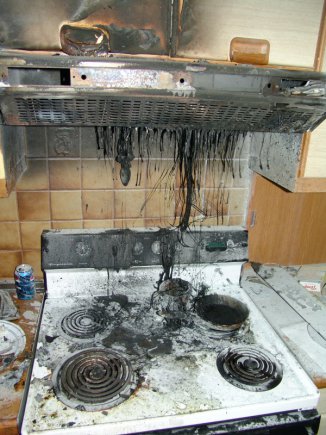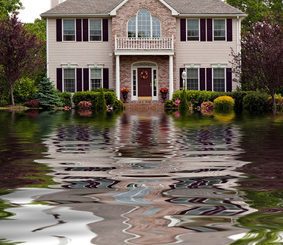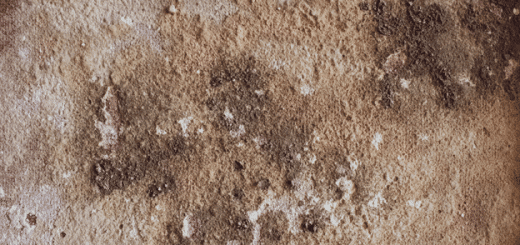How to React When You Hear the Smoke Detector
Installing smoke detectors in your home has always been one of the most effective preventative measures against fires. Testing your smoke alarms and regularly changing the batteries is a common task done by many homeowners, but what about when the alarm goes off? Do you know what you and your family will do if your smoke detector warns you of a real fire? Modern homes that contain synthetic materials burn very quickly, leaving little time to escape a fire unharmed. When your smoke detector goes off, you and your family must know exactly what to do to save your lives.
The Dangers of Smoke
The smoke from the fire sets off the smoke alarm, but there are also other harmful gasses in the air when a fire breaks out. Smoke and dangerous gasses rise to the ceiling which makes it important to stay close to the floor. Smoke inhalation causes more deaths during a house fire than the fire itself. Understanding the nature of smoke and remembering to stay close to the ground will increase your chances of escaping.
Fire in the Middle of the Night
If your smoke alarm wakes you up in the middle of the night, immediately roll off your bed and onto the floor. DO NOT SIT UP! The smoke and dangerous gases could be right above your bed which makes sitting up very dangerous. In fact, many victims are found in their beds because they sat up and inhaled a fatal amount of smoke. After rolling out of bed, try to assess the situation from the floor. If your room is full of smoke, look to evacuate any way you can. Feel the doorknob before opening your bedroom door and look for a different way out if it feels warm.
If there are other family members in your home when a fire breaks out, check the condition of your room before going to help them. If your bedroom is warm or has a dangerous level of smoke, get out right away and try to help your family from outside the home. However, if the conditions allow, gather your family together while staying low to the floor and get them to the nearest safe exit.
Evacuating the Home
When evacuating your home during a fire, every door and window is a possible way out. Escaping through a window may be dangerous, especially a second story window, but cuts and broken bones can be treated much easier than severe burns or smoke inhalation. If there is still someone trapped inside the home after you have escaped safely, tell the firefighters immediately. Give them a description of the person and where in the house they might be so they can be saved quickly.
Here are some important things to remember when evacuating your home during a fire:
- Touch all doors with the back of your hand before opening them.
- Look for a window for escape if you cannot use the doors.
- Stay low to the ground and move around on your stomach.
- NEVER sit up in bed if your smoke alarm goes off in the middle of the night.
- Cover your nose and mouth with a wet towel if you can grab one safely.
- Remember to stop, drop, and roll if necessary.
- Do not waste any time, evacuate your home immediately.
Have a Fire Escape Plan
Creating a detailed fire escape plan and practicing it with your family gives you the best chance of evacuating safely during a fire. The exact details of the plan will vary depending on the layout of your home, but every fire escape plan should include the following:
- Identify at least 2 exits for every room.
- Establish a meeting place outside the home for your family to gather.
Fire Damage Restoration
During a fire, nothing is more important than making sure that every person in the home has evacuated safely. Remember to stay low to the ground, assess your situation, and escape out of the closest and clearest exit. Once the evacuation is complete and the fire is out, you must immediately call a RestorationMaster for fire damage restoration services. The damage from a fire will continue to spread and get worse in the aftermath and these fire restoration professionals will effectively limit its spread and save your belongings from permanent damage. You can also check out these simple tips on how to prevent fire damage in order to save you thousands of dollars in repairs in the future.













